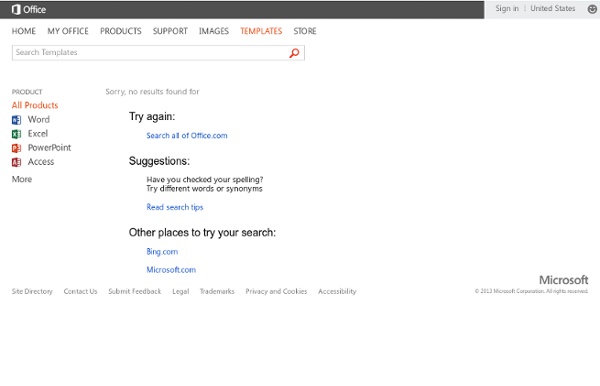



Creative Commons Licenses Our public copyright licenses incorporate a unique and innovative “three-layer” design. Each license begins as a traditional legal tool, in the kind of language and text formats that most lawyers know and love. We call this the Legal Code layer of each license. But since most creators, educators, and scientists are not in fact lawyers, we also make the licenses available in a format that normal people can read — the Commons Deed (also known as the “human readable” version of the license). The final layer of the license design recognizes that software, from search engines to office productivity to music editing, plays an enormous role in the creation, copying, discovery, and distribution of works. Searching for open content is an important function enabled by our approach. Taken together, these three layers of licenses ensure that the spectrum of rights isn’t just a legal concept.
Sample and Form Letters - Non-Legal Letters U.S. Legal Forms, Inc. offers thousands of letter samples, form letters and letter templates for legal and non-legal matters. » Return to Top Return to Sample and Form Letter Main Page As seen in Forbes, Los Angeles Times, USA Today, Washington Post, Associated Press and CBS News. MY PBL - Teach21 Project Based Learning Prior to the unit, discuss project goals and expectations with science and language arts teachers. Discuss ways this project can be made interdisciplinary based on student needs and content CSOs. Project Flow Chart: 1. 2. 3. 4. 5. 6. 7. 8. Note to Teacher: If Photo Story 3 is not available to you, other multi-media tools can be used in its place. 9. 10. 11. 12. 13. 14.
PDClipart.org - Public Domain Clip Art Milton Middle School teacher takes creative approach to reach students Lori Wolfe/The Herald-Dispatch Social Studies teacher Chris Mitchell speaks with his students Tuesday, Dec. 2, 2008, at Milton Middle School. Mitchell is The Herald-Dispatch November Teacher of the Month. Dec. 03, 2008 @ 12:29 AM MILTON -- Chris Mitchell knows that to reach his seventh-grade social studies students, it's going to take a creative approach. And in his five years teaching at Milton Middle School, he's seen it work. "He really has a remarkable gift for engaging students in his subject matter," said principal Dan Gleason, who nominated Mitchell. Mitchell, who hails from New Haven, Mason County, earned his bachelor's degrees in secondary education and master's degree in English from Marshall University. He said he didn't really considering becoming a teacher until his sophomore year, although he might have been predisposed to the profession. Mitchell said he's always been a strong writer, freelancing for The Herald-Dispatch and some national publications for music stories.
10 Interactive Financial Websites That Teach Kids Money Management Skills For parents to have a kid who is money-wise is a boon because it makes those save or splurge decisions easier to handle. There’s no right age for having that money talk with your kids. If he or she can spend or borrow, they sure can learn to save and invest. So, the buck stops with the parents. The Mint The Mint believes in educating American children about money because the lessons on saving and debt need to be urgently learned. Practical Money Skills This financial literacy website covers the young of all ages with its package of personal finance articles, games, and lesson plans. Planet Orange Planet Orange is a nicely designed interactive financial game that reaches out to those in the 1st to 6th grade. Rich Kid Smart Kid Future entrepreneurs have this website for free lessons on finance and wealth creation. Savings Quest How to save and reach your savings goal can be learnt by playing a round of My Savings Quest. KidsBank H.I.P Pocket Change Sense and Dollars BizKids ItAllAddsUp
Background Knowledge & Theory The Basics Features of Project-Based Instruction Issues Raised About Project-Based Learning The Student in Project-Based Instruction Instructional Sequence in Project-Based Instruction Summary Four Stages of Inquiry: Applying Theory to Projects in This Web Site Project "Warm-ups" in Social Studies Project-based learning is a comprehensive instructional approach to engage students in sustained, cooperative investigation (Bransford & Stein, 1993). Within its framework students collaborate, working together to make sense of what is going on. Students pursue solutions to nontrivial problems by asking and refining questions debating ideas making predictions designing plans and/or experiments collecting and analyzing data drawing conclusions communicating their ideas and findings to others asking new questions creating artifacts (Blumenfeld et al., 1991). There are two essential components of projects: 1. Top 1. Support is essential. Problem-based learning & project-based learning (Moore et al., 1996).